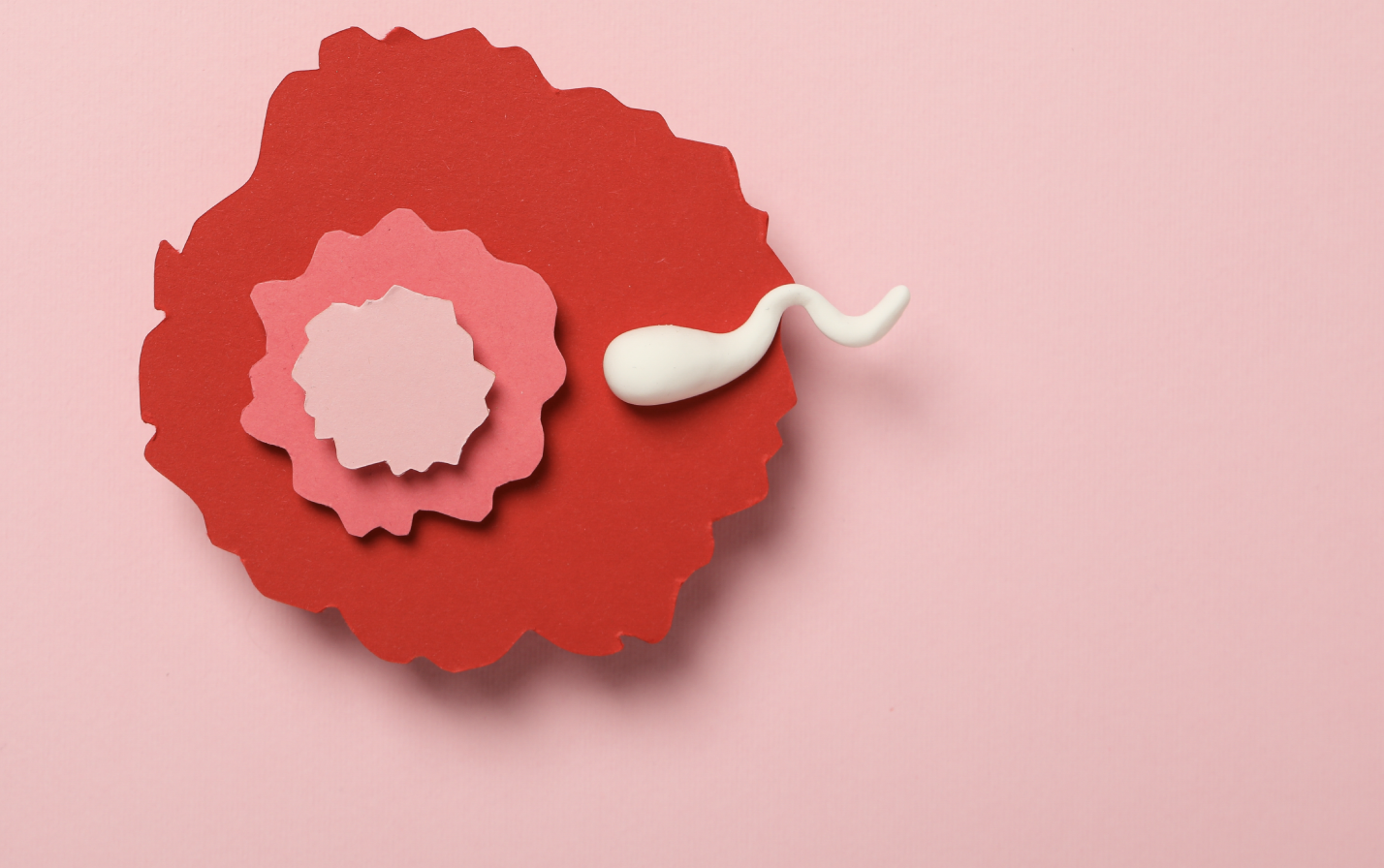
What to Know About IUI: Price, Process, & Success Rates as Infertility Treatment
Intrauterine insemination (IUI) is a common fertility treatment for individuals and couples navigating an infertility diagnosis, as well as for same sex female couples building their families with the use of donor sperm. While IVF is the most effective treatment option for overcoming an infertility diagnosis and achieving pregnancy, depending on your case and diagnosis, IUI may be recommended as a first treatment because it is a relatively simple, less expensive and less invasive procedure.
In this article, we will explore the essential aspects of IUI, including the price, process, and success rates, helping you understand whether this treatment is the right option for you.
Understanding IUI: What Is It?
Intrauterine insemination (IUI) is a fertility treatment in which sperm is directly placed into a woman’s uterus during ovulation. This procedure is designed to increase the number of sperm that reach the fallopian tubes, thereby boosting the chances of fertilization. IUI is often recommended for couples facing unexplained infertility, mild male factor infertility, or cervical mucus issues, among other conditions.
Unlike in vitro fertilization (IVF), where eggs are fertilized outside the body, IUI works within the natural reproductive process, making it less invasive and more affordable.
The IUI Process: Step-by-Step Guide
The IUI process involves several key steps, each of which plays a crucial role in the treatment’s success:
1. Initial Consultation and Testing
Before starting IUI, a thorough evaluation is necessary to determine the cause of infertility. This includes a series of tests for both partners, such as hormone level checks, ultrasound scans, and semen analysis. Your initial consult will also include a 45-minute conversation with your doctor, so they can understand your medical history, family history, and family-building goals. This consultation will guide your fertility specialist in designing an individualized treatment plan, and provide you with the information you need to make a fully-informed decision about your course of treatment.
2. Ovarian Stimulation
To increase the chances of success, the woman may undergo ovarian stimulation with fertility drugs like Clomiphene Citrate or Gonadotropins. These medications help stimulate the ovaries to produce multiple eggs, increasing the likelihood for successful fertilization. Regular monitoring through ultrasounds and blood tests is required to track the development of the follicles.
3. Triggering Ovulation
Once the follicles have matured, an injection of human chorionic gonadotropin (hCG) is administered to trigger ovulation. This injection ensures that ovulation occurs at a predictable time, allowing the IUI procedure to be scheduled accordingly.
4. Sperm Preparation
On the day of the IUI procedure, a semen sample is collected from the male partner or a sperm donor. The sperm is then “washed” in a laboratory to concentrate the healthiest sperm and remove any impurities. This process increases the likelihood of fertilization by ensuring that only the best-quality sperm are used.
5. Insemination Procedure
The prepared sperm is then inserted directly into the uterus using a thin catheter. This procedure is quick, typically taking just a few minutes, and is usually painless. After the insemination, the woman may be advised to rest for a short period before resuming normal activities.
6. Post-Procedure Monitoring
Two weeks after the IUI procedure, a pregnancy test is conducted to determine if the treatment was successful. If the test is positive, further monitoring and care are required to ensure a healthy pregnancy. If the test is negative, the fertility specialist will discuss the next steps, which may include another IUI cycle or alternative treatments.
IUI Price: What to Expect
The cost of IUI can vary widely depending on several factors, including location, the fertility clinic, and the specific needs of the patient. At Spring Fertility Portland, for example, an oral medicated IUI package (inclusive of ultrasounds, IUI, and two hcG) is $1,810. An injectable medicated IUI package (inclusive of ultrasound, hormone testing, and IUI) is $3,236.
If multiple cycles are needed, the overall cost can increase significantly. Some clinics offer package deals for multiple IUI cycles, which can be more cost-effective. It’s also important to consider that some insurance plans may cover part or all of the IUI treatment or require you to try IUI first before they will cover IVF, so it’s worth checking with your insurance provider to understand the full scope of your coverage.
While these success rates may seem modest, they are comparable to monthly conception rates for couples having sex to achieve pregnancy (without any preexisting fertility issues).
IUI Success Rates: What Are the Chances?
The success rate of IUI varies based on several factors, including the woman’s age, the underlying cause of infertility, and the quality of the sperm used. On average, the success rate per IUI cycle is approximately 10% to 20% for women under 35. For women between 35 and 40, the success rate decreases slightly to 10% to 15%. For women over 40, the success rate drops to about 5% to 10% per cycle.
While these success rates may seem modest, they are comparable to monthly conception rates for couples having sex to achieve pregnancy (without any preexisting fertility issues). It’s important to note that many couples require multiple IUI cycles to achieve a successful pregnancy. Factors such as good overall health, proper timing of the procedure, and the use of fertility medications can improve the chances of success.
At Spring, we generally recommend couples complete no more than three IUI cycles before pursuing IVF treatment.
Is IUI Right for You?
IUI can be an good option for individuals and couples dealing with certain types of infertility. It is less invasive and more affordable than other treatments like IVF, making it a first-line treatment for many. However, the decision to pursue IUI should be made in consultation with a fertility specialist who can evaluate your specific situation and recommend the most appropriate course of action.
